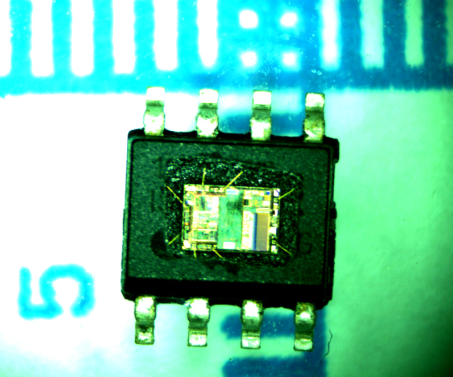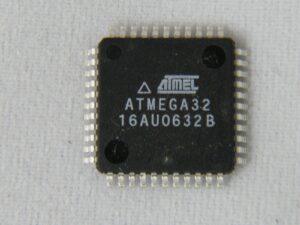 Protected ATmega32 MCU Eeprom Recovery
Protected ATmega32 MCU Eeprom Recovery
Protected ATmega32 MCU Eeprom Recovery starts from crack atmega32 microcontroller security fuse bit, and then extract source code from atmega32 mcu flash and eeprom memory;

These bits are reserved bits in the ATmega32 and will always read as zero.
The EEPROM Address Registers – EEARH and EEARL – specify the EEPROM address in the 512 bytes EEPROM space. The EEPROM data bytes are addressed linearly between 0 and 511 by pulling atmega8 mcu flash content out from its memory. The initial value of EEAR is undefined. A proper value must be written before the EEPROM may be accessed.
For the EEPROM write operation, the EEDR Register contains the data to be written to the EEPROM in the address given by the EEAR Register. For the EEPROM read operation, the EEDR contains the data read out from the EEPROM at the address given by EEAR.
Writing EERIE to one enables the EEPROM Ready Interrupt if the I bit in SREG is set. Writing EERIE to zero disables the interrupt by restoring microcontroller atmega8l flash data. The EEPROM Ready interrupt generates a constant interrupt when EEWE is cleared.

protegido ATmega32 MCU eeprom recuperação começa a partir de crack atmega32 microcontrolador de segurança fusível bit e, em seguida, extrair o código-fonte do atmega32 mcu flash e memória eeprom
The EEMWE bit determines whether setting EEWE to one causes the EEPROM to be written. When EEMWE is set, setting EEWE within four clock cycles will write data to the EEPROM at the selected address If EEMWE is zero, setting EEWE will have no effect.
When EEMWE has been written to one by software, hardware clears the bit to zero after four clock cycles. See the description of the EEWE bit for an EEPROM write procedure.